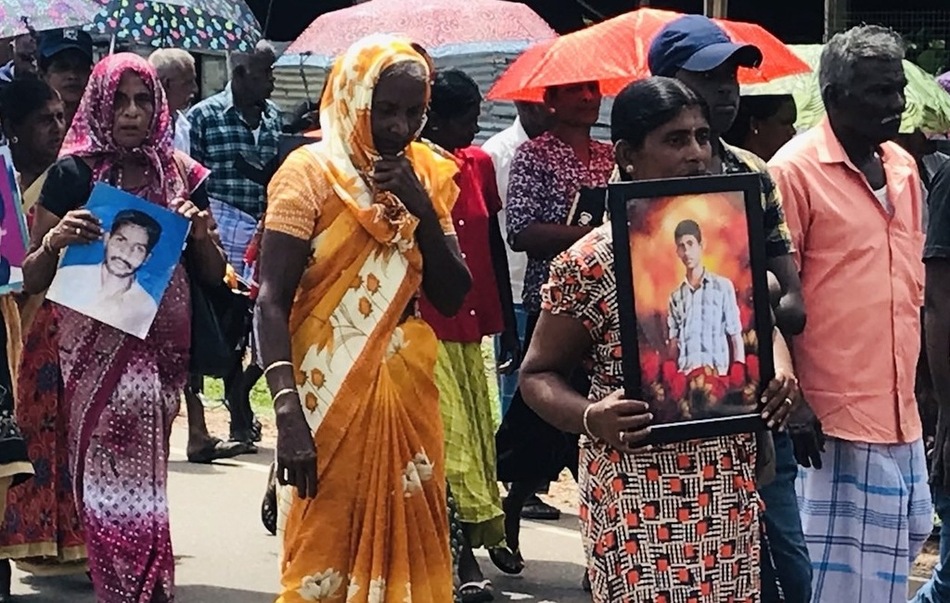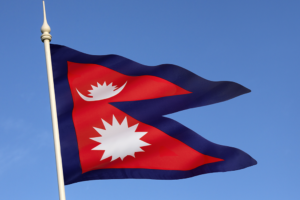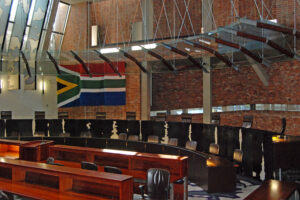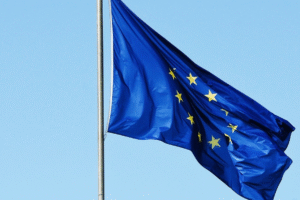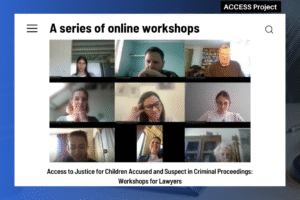The ICJ considers the government’s proposed bill to establish a Commission for Truth, Unity and Reconciliation unlikely to advance accountability for perpetrators and justice for victims and survivors of the 26-year-long armed conflict that ended in 2009 and involved widespread atrocities.
The ICJ is concerned that the lack of consultation with victim communities and the continued neglect of their demands deprive the Bill of legitimacy.
A draft Bill on Commission for Truth, Unity and Reconciliation was gazetted on 1 January 2024, to establish the Commission, amidst a climate of impunity for past human rights violations and abuses and intimidation of victim communities in the North and East of the country.
“Considering the repressive political climate in Sri Lanka, and the absence of the conditions that are necessary to ensure the success of the proposed Commission for Truth, Unity and Reconciliation, the Bill appears to be more of a legislative manoeuvre aimed at deflecting the attention of the Human Rights Council and removing Sri Lanka from further scrutiny rather than a genuine accountability measure.” said Melissa Upreti, ICJ’s Asia Director.
The Bill suffers from a lack of transparency regarding the consultation process and non-acceptance by victim communities.
If adopted, it would empower the Attorney-General to prosecute cases where the Commission makes a finding of responsibility for an offence. The ICJ is concerned that in the past the Attorney-General’s office has assumed potentially conflicting dual roles of legal advisor for the State and prosecutor of offences allegedly committed by State officials. The ICJ has previously noted how the Department had mishandled cases relating to serious human rights violations and abuses which has contributed to a climate of mistrust. The ICJ recalls that the years since the end of the conflict have been marked by near total impunity for conflict era crimes, owing to the failure of the Attorney-General’s Department to act to hold to account those responsible for serious crimes under international law.
The Bill provides that appointments to the Commission will be made by the President upon the recommendation of the Constitutional Council. The ICJ has previously noted that the governing party holds a majority in the Constitutional Council and that a majority of members are parliamentarians with only three members appointed from outside. Further, a representative of the smaller political parties (including parliamentarians representing the North and East) is yet to be appointed to the Council. The ICJ is concerned that these arrangements are conducive to creating a Commission that lacks independence and may be subjected to political pressures and considerations in carrying out its work. The situation is exacerbated by the Constitutional Council approving the appointment of the current Acting Inspector General of Police who had in December 2023 been held directly responsible for torture by the Supreme Court of Sri Lanka.
The Bill would further authorize the proposed Commission to seek the assistance of the police to conduct investigations and liaise with the National Authority for the Protection of Victims of Crime and Witnesses, which in turn depends on the police to provide support for the protection of victims and witnesses. However, a number of police officials have allegedly been responsible for recent cases of torture and ill-treatment and extra judicial killings. The government’s failure to initiate thorough and impartial investigations into these cases and to bring perpetrators to justice has deepened the public’s mistrust of the police and prosecuting agencies.
Successive UN Human Rights Council Resolutions on Sri Lanka have called for the establishment of transitional justice mechanisms with the active participation of all stakeholders, including women who have been at the forefront in leading victim demands for accountability, particularly for cases of enforced disappearance. Yet, protesting mothers and female family members of the disappeared are routinely detained, intimidated or put under surveillance and their voices suppressed.
The Bill lacks also provisions that are gender responsive and makes the establishment of mechanisms and procedures to address women’s concerns discretionary.
Existing transitional justice institutions such as the Office of Missing Persons (OMP) and the Office for Reparations have been ineffective. As underscored by the UN Office of the High Commissioner for Human Rights, the OMP has failed to earn the trust of victims and their representatives. As recently observed by the High Commissioner, there has been little to no development regarding cases of past human rights violations and abuses.
“The victims of Sri Lanka’s 26-year armed conflict, replete with atrocities, have been forced to wait too long to learn the truth about their loved ones and to be granted justice. When the UN Human Rights Council considers a new resolution on Sri Lanka later this year, it must avoid blind acceptance of Sri Lanka’s flawed transitional justice process and institutions and adopt an approach that genuinely puts the interests of victims and survivors first,” added Upreti.
Background
The draft Bill provides for the establishment of the Commission with a Head Office based in Colombo and Regional Offices as necessary (clause 2). The Commission will have between seven to twenty-one members, who are to be appointed by the President upon recommendation by the Constitutional Council (clause 3). The term of the Commissioners is five years (unless removed earlier) and the President can extend their term on an yearly basis for an additional two years (clause 9). The Commission may conduct public or closed sittings as necessary (clause 7).
The stated objectives of the Commission are to investigate, inquire and make recommendations in respect of complaints or allegations or reports relating to damage or harm caused to persons or property, loss of life or alleged violation of human rights which occurred during the conflict in the Northern and Eastern Provinces between 1983 to 2009 or connected to such period or its aftermath and has a mandate to promote truth telling and make recommendations for reparations, and non – recurrence (clause 12). If it appears to the Commission that an offence under any Sri Lankan law has been committed it may refer the matter to the relevant law enforcement or prosecuting authorities for further investigation and necessary action (clause 13 (zd)). The Commission does not have the mandate to determine civil or criminal liability of any person (Clause 16 (1)) and instead the onus is on the Attorney-General to institute criminal proceedings regarding an offence in Court based on material collected by the Commission (clause 16 (2)).
The Bill also provides for the establishment of a Victim and Witness Protection Division (clause 28) and a Data Management Division (clause 29). The Commission may also appoint any mechanisms and procedure to address requirements related to women, children, persons with disabilities and disadvantaged groups and advisors relating to specific issues (clause 30).
The Bill also provides for the appointment of an advisory panel to advise the Commission on matters referred to the Panel (clause 32). This panel is to consist of a minimum of ten members appointed by the President on the Commission’s recommendation. Clause 39 of the Bill states that within one month of the interim report of the Commission being published the President shall appoint a monitoring committee to implement the findings of the report. Clause 40 states that such Committee be comprised of 11 members, of which six members are to be recommended by the Constitutional Council while the others are members ex-officio. Ex-officio members include the Secretaries of the Ministries of Defence, Justice, Law & Order, Finance, Public Administration & Women, Child Affairs and Social Empowerment or their nominees. The Committee is expected so submit bi-annual plans evaluating the implementation of recommendations of the TUR Commission and other previous Commissions of Inquiry.
Clause 49 of the Bill states that the Commission can defer its investigation regarding any disappearance of a person/s if requested to do so by the OMP until such time it can be resumed without compromising inquiries conducted by the OMP.
In September 2023, the ICJ joined eight other international human rights organizations in expressing their grave reservations about the proposed Truth, Unity and Reconciliation Commission and setting out prerequisites to be addressed before appointing any new Commission. The concerns relate to Sri Lanka’s legacy of failed commissions, lack of a conducive environment and confidence building efforts, lack of meaningful consultations with victim communities, the failure of domestic transitional justice institutions, and the blocking of prosecutions. None of these concerns have been addressed to date, which bring into question the newly proposed Commission’s likelihood of serving as an effective mechanism for accountability.

